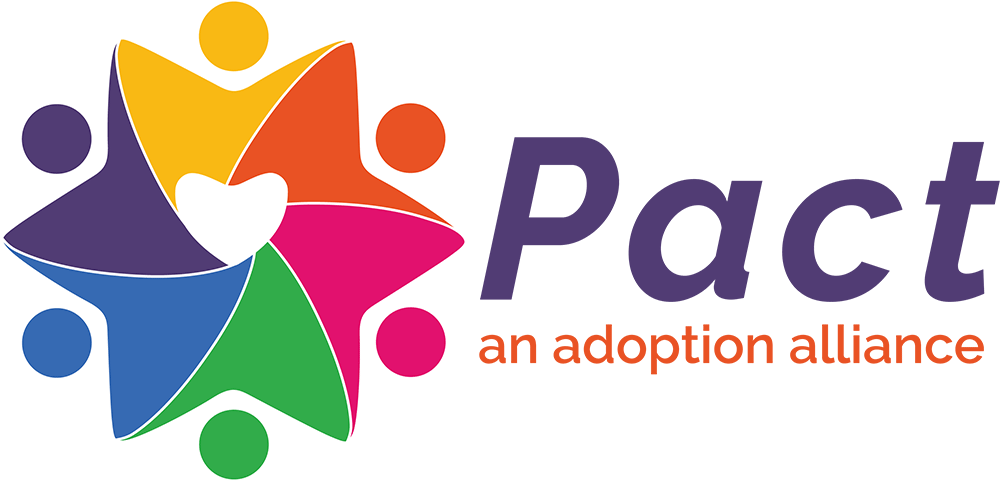by Rebekah Hutson
2018
Listen, don’t dismiss
The worst possible thing you can do is ignore me, to ignore my voice and my concerns. As someone who loves me, you should be there to support me through my transracial adoption journey, which is lifelong. Too many times, those who claim to love me have silenced me. Instead of listening to what I’m telling you—rather than hearing me when I tell you why I am feeling uncomfortable or unsafe—you tell me, “let it go” or “I’m sure they didn’t mean that” or “you’re over-reacting.” Perhaps you silence me because you don’t know how to handle being confronted with race, but that isn’t good enough. I need you to step outside your white comfort bubble and get knee-deep into conversations about race and inequality. Eventually, if you keep choosing to silence, I am not going to trust you anymore. Why would I keep trying to talk to you and confide in you when you repeatedly demonstrate that you do not care about the racism and adoption struggles I am facing?
Drop the colorblindness act
When you say, “I don’t see color, I just see people,” or “we all bleed red,” when you rely on all other forms of colorblindness, you are erasing my experiences as a Black woman in America. Claiming colorblindness is not helpful to anyone. You do see color. You see what color the sky is, you see what color your curtains are; you see the color of your walls, your dog, your yoga mat—you see color. You see that my skin color is brown and yours is white. I get that you think (“think” being the key word here) you’re doing the right thing by “seeing past race,” but you’re not. By pretending you don’t see color, you’re saying you don’t see racism, inequality and the experiences I, your Black loved one, face. By relying on the fallacy that is colorblindness, you are effectively invalidating my oppression, my lived experiences. Furthermore, you are demonizing my skin color. Nothing is wrong with my brown skin. I need you to push past your discomfort and acknowledge that my experiences as a Black person are different than yours. Ignoring our difference has never made it go away.
Be an ally AND a parent
As a parent of mine, as someone who loves and cares about me, I need you to be an ally. I am a Black woman; I do not have equal rights in this country. You do not get to turn a blind eye to injustice while claiming to love me. You’re supposed to fight for people you love, so fight for me. Use your privilege to fight for my rights as your child and by doing so, you will be fighting for all people of color. Don’t sit by watching me slowly drown when you have access to a boat.
Make an effort to be multicultural
I am not white…SURPRISE! Wildly shocking, I know. What this means is that your family—our family—is no longer a white family. It’s possible you’ve never even thought of it as such, but you should. You must. We are now a family of multiple races and cultures, which means you as a parent need to shift your dynamics to be inclusive of my Black culture as well. Put forth a meaningful effort to incorporate values, traditions, mannerism, and celebrations that acknowledge my heritage.
Be more humble, less defensive and selfish
I don’t expect you to know everything about my culture, experiences and struggles—but I do expect you to be willing to learn. And when I say “be willing to learn,” I mean be willing to be called out without being defensive. If I point out something ignorant or insensitive, your first reaction should not be, “Whoa! Wait a minute, I didn’t mean it like that! I have two Black friends. I’m not one of those white people.” You don’t have to be racist to do or say something racially insensitive. Instead of throwing up defenses, please stop and listen to what I am saying. Whether you intended to be offensive doesn’t change the fact that what you said was offensive. If I accidently punch you in the face, the lack of intention doesn’t change the fact of the impact: You still got punched in the face, and your face still hurts. Own up to your mistakes, learn from them, and do better.
Rebekah Hutson, who has been a featured speaker at Pact Family Camp, is a transracial adoptee who created the blog/company Only Black Girl. Adopted as a newborn from Houston, TX, and raised in Olympia, WA, Rebekah started her blog to talk about her experiences as a transracial adoptee.
